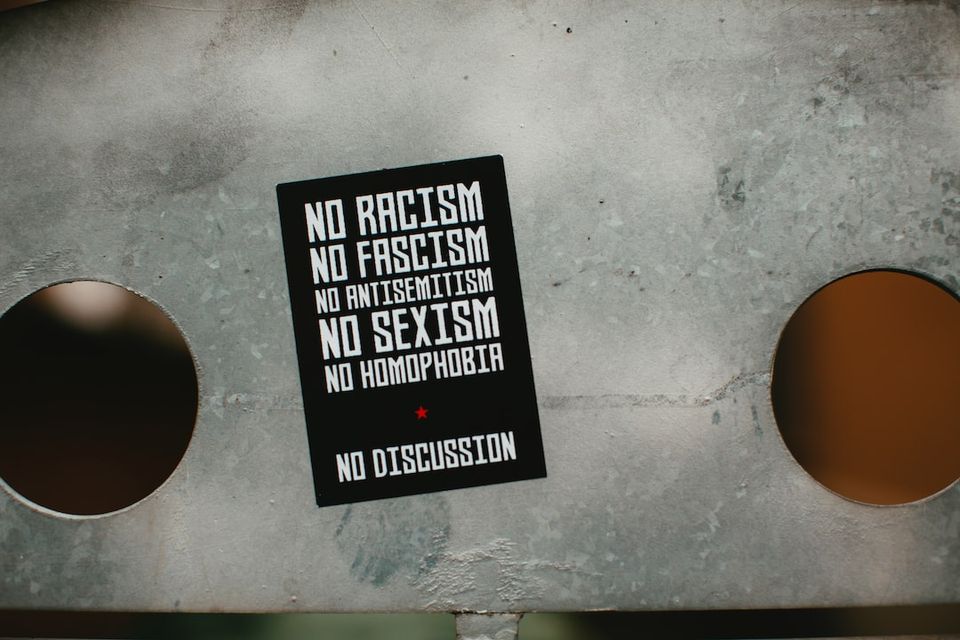What’s Your First Reaction When You See Someone Very Different From You?

What’s the first thing you think (and feel) when you see someone who’s different from you?
Brace yourself... this could get uncomfortable.
When you meet someone radically different from you, do you immediately realize your biases and prejudices?
Are you aware of the judgements that pop into your head?
Is your feeling one of discomfort, dislike, or disgust?
If you’re truthful with yourself, you'll realize and admit that you "pre-judge" others on an almost daily basis — both consciously and unconsciously.
We all do this.
It might be meaningless (that person dresses weird) or more serious, like,
- Why is she so butch?
- Why is he such a femme?
- Why can’t they integrate into our culture?
- Or worse…
But why?
Think about the values, life lessons, traditions, and beliefs you were taught by your parents, teachers, television, social media, political party, or church.
What do you hold to be true, but have never questioned why?
Is what you believe and value what you were taught by parents and society?
It's imperative to question and analyze why we believe what we were taught to value and believe.
Otherwise, you are not taking personal responsibility for your beliefs, which can have a harmful effect on others.
One of the hardest truths to bear is the realization that we don’t know why we believe what we believe.
Harder still is the realization that this lack of awareness has been directing our moral compass for years.
Most of us going about morality and ethics by following the leader, rarely asking ourselves why — too afraid to admit we have no rational reason or justification for our beliefs.
But there’s hope to this untenable situation:
You Can Always Choose to Change Direction
You can choose change your feelings of discomfort, dislike, or disgust toward someone who is different than you.
It all starts with asking, "Why?"
“Why does this person make me feel discomfort, dislike, or disgust?”
And then ask yourself, "What?"
“What beliefs must I hold true to support feeling discomfort, dislike, or disgust for this person?”
The deeper we all go with this line of questioning, the clearer we will become about the truth of othering:
Prejudice is nothing more than a belief that can be changed.
Member discussion